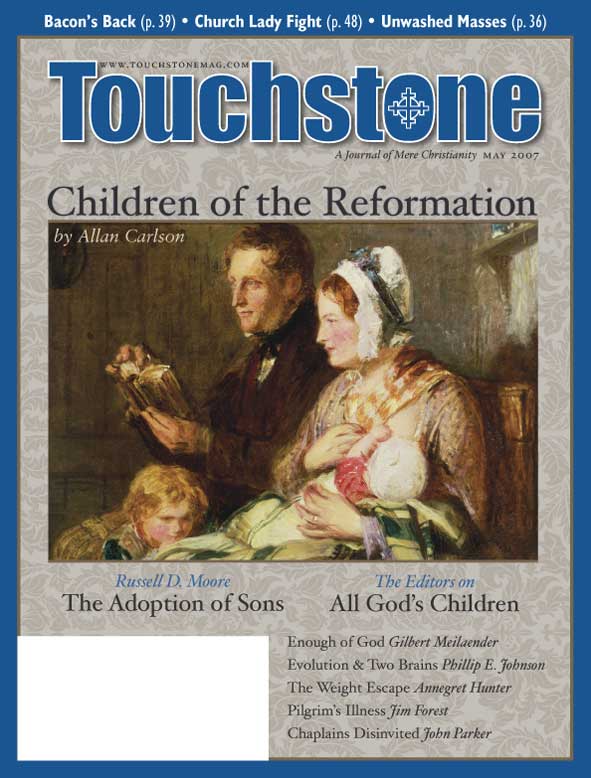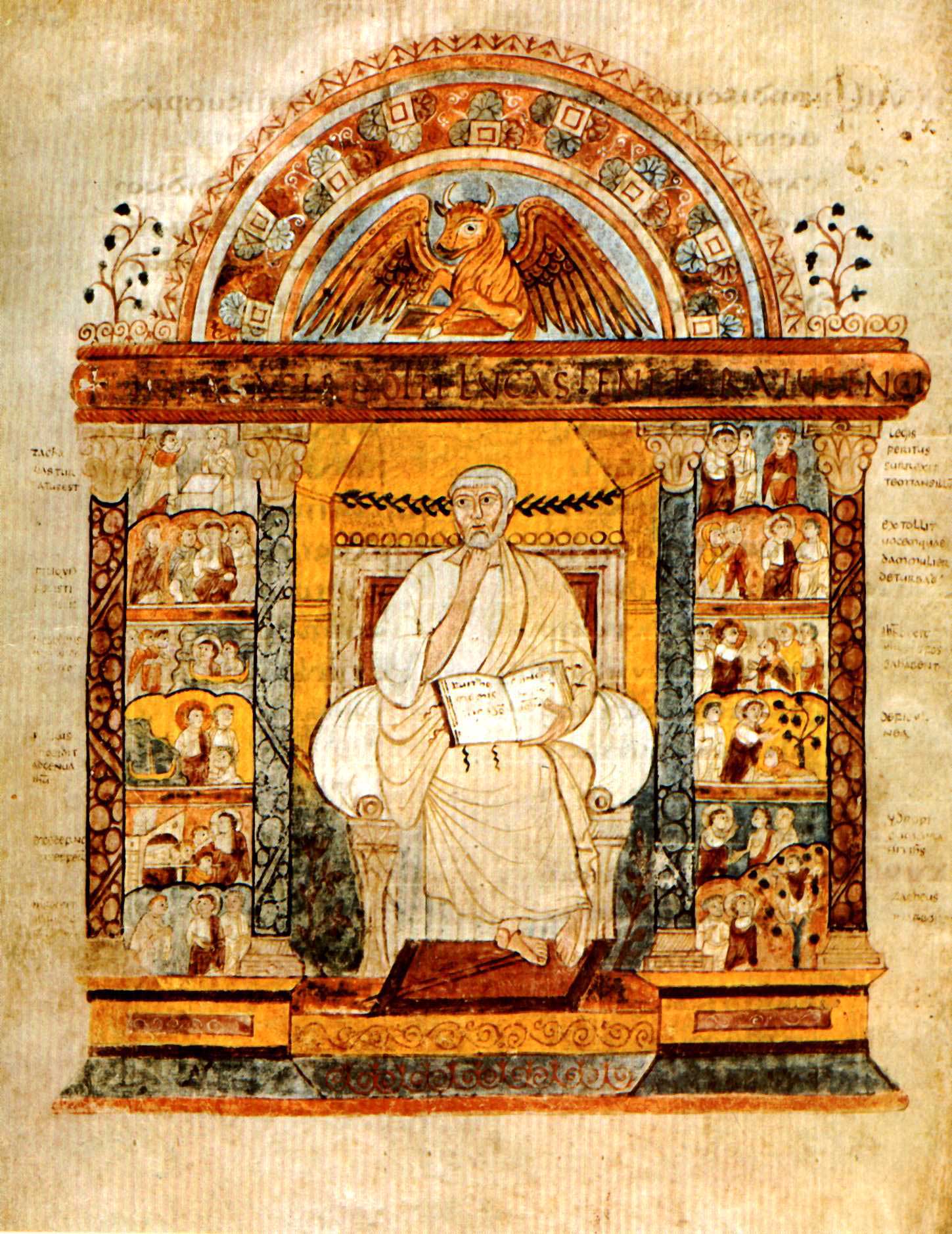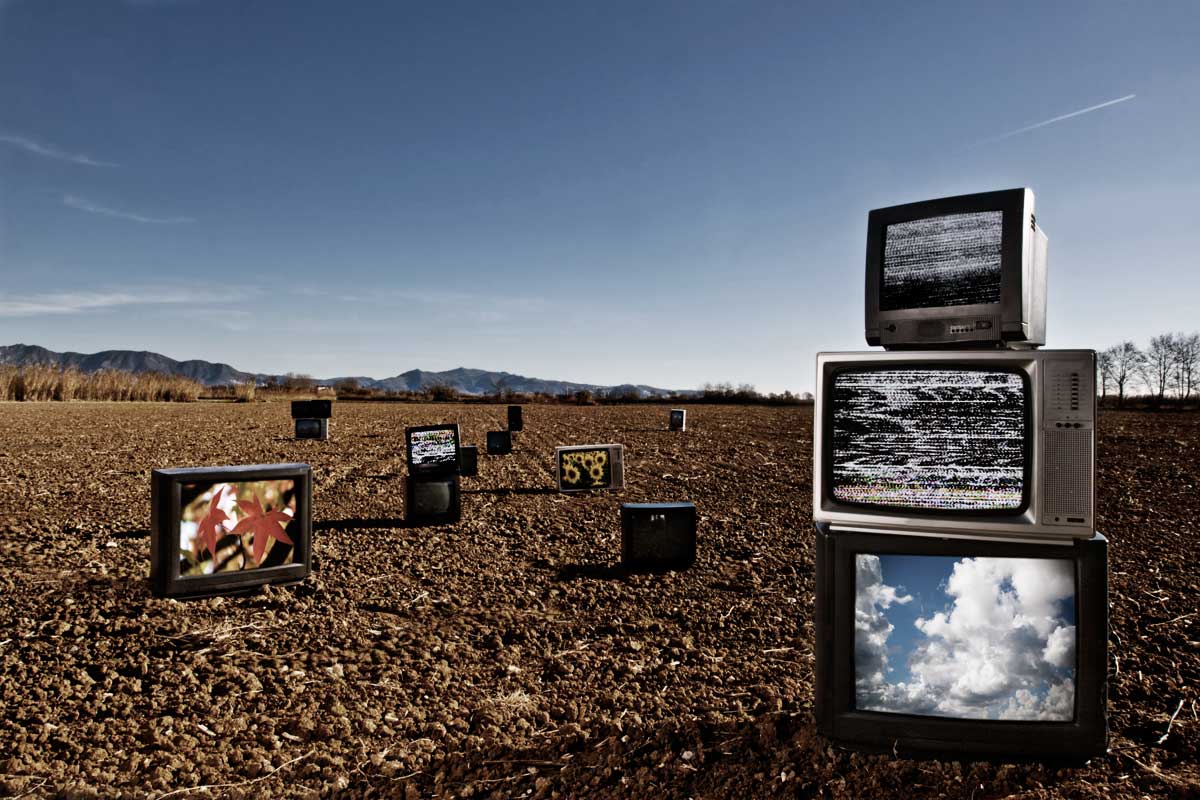Bacon’s Back
The Religious Foundation of Francis Bacon's Thought
by Stephen A. McKnight
Eric Voegelin Institute Series in Political
Philosophy: Studies in Religion and Politics
University of Missouri Press, 2005
(193 pages, $37.50, hardcover)
reviewed by Peter J. Leithart
Francis Bacon is on nearly everyone’s short list of “makers of the modern world.” Though he formulated no important scientific theories, dismissed the importance of mathematics for scientific investigation, and didn’t even propose the kind of method that scientists actually follow, he has for centuries been hailed as the “father of modern science.”
His claim to this title is now debunked by historians, but the debunking can go too far. His program of publicly funded collaborative science, aiming at the betterment, if not the salvation, of mankind, helped determine the social role of science and technology, the image and self-image of the scientist as a systematic thinker, and the notion that learning is less contemplation than hunt, exploration, and discovery.
Bacon is also often claimed as an apostle of secularism. Though his religious language is too pervasive to ignore, many interpreters believe that Bacon manipulated religious symbols to make his radical ideas palatable to an England awash in sometimes-fanatical religion (he died in 1626). Religious rhetoric is the dispensable husk around the nutritious scientific kernel.
Bacon’s Kernel
In this book, Stephen A. McKnight, Emeritus Professor of European Intellectual and Cultural History at the University of Florida, takes issue with secular interpretations of Bacon. Through a close reading of Bacon’s major works, he demonstrates that his entire program was motivated by and suffused with religious aims and inspirations.
Religion is the kernel. Not Bacon per se but “Baconianism” is what really affected the development of Western science, and Baconianism, when it was not based on an outright misreading, was often based on a very selective reading of Bacon, sometimes reduced to little more than a section of his late work, the New Organan.
Bacon understood scientific investigation as part of the story of creation, fall, and redemption. Through his sin, Adam lost not only his moral innocence but also his capacity to rule the earth. Innocence, Bacon claimed, is restored through faith and revelation, Adamic dominion and knowledge through science and the arts.
For Bacon, faith and science work in tandem. Man achieves mastery of nature only through spiritual purification. He does not pursue dominion as an end in itself, but is motivated by charity, by a desire to improve human life through invention.
At the center of Bacon’s thought is the notion of “instauration” or “rebuilding,” described in New Organan, which he took from the Latin Vulgate, where the word describes the renovation of the temple by Josiah. Thought had become disordered and sterile due to man’s worship of various idols of the mind, and Bacon saw himself embarked on the task of rebuilding a dilapidated house of learning.
Peter J. Leithart is an ordained minister in the Presbyterian Church in America and the president of Trinity House Institute for Biblical, Liturgical & Cultural Studies in Birmingham, Alabama. His many books include Defending Constantine (InterVarsity), Between Babel and Beast (Cascade), and, most recently, Gratitude: An Intellectual History (Baylor University Press). His weblog can be found at www.leithart.com. He is a contributing editor of Touchstone.
subscription options
Order
Print/Online Subscription

Get six issues (one year) of Touchstone PLUS full online access including pdf downloads for only $39.95. That's only $3.34 per month!
Order
Online Only
Subscription

Get a one-year full-access subscription to the Touchstone online archives for only $19.95. That's only $1.66 per month!
bulk subscriptions
Order Touchstone subscriptions in bulk and save $10 per sub! Each subscription includes 6 issues of Touchstone plus full online access to touchstonemag.com—including archives, videos, and pdf downloads of recent issues for only $29.95 each! Great for churches or study groups.
Transactions will be processed on a secure server.
more from the online archives
calling all readers
Please Donate
"There are magazines worth reading but few worth saving . . . Touchstone is just such a magazine."
—Alice von Hildebrand
"Here we do not concede one square millimeter of territory to falsehood, folly, contemporary sentimentality, or fashion. We speak the truth, and let God be our judge. . . . Touchstone is the one committedly Christian conservative journal."
—Anthony Esolen, Touchstone senior editor









